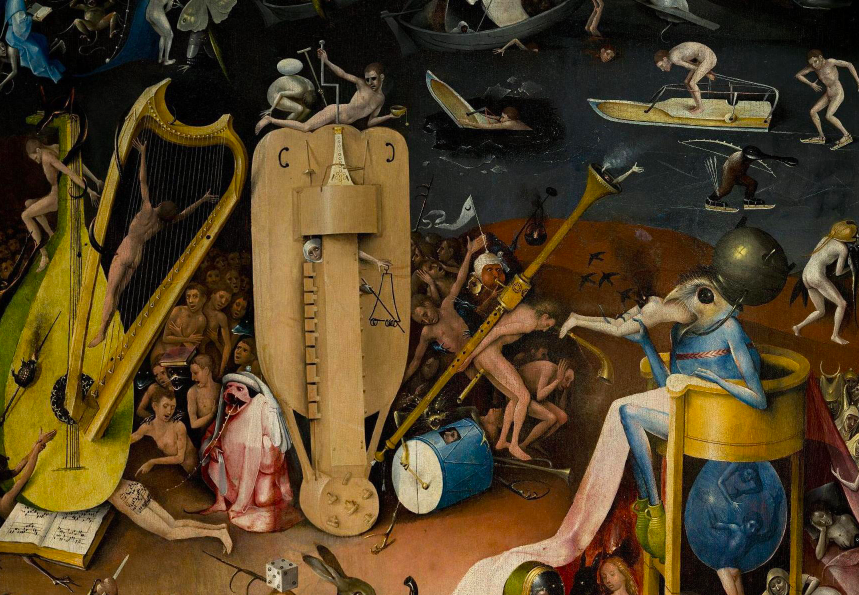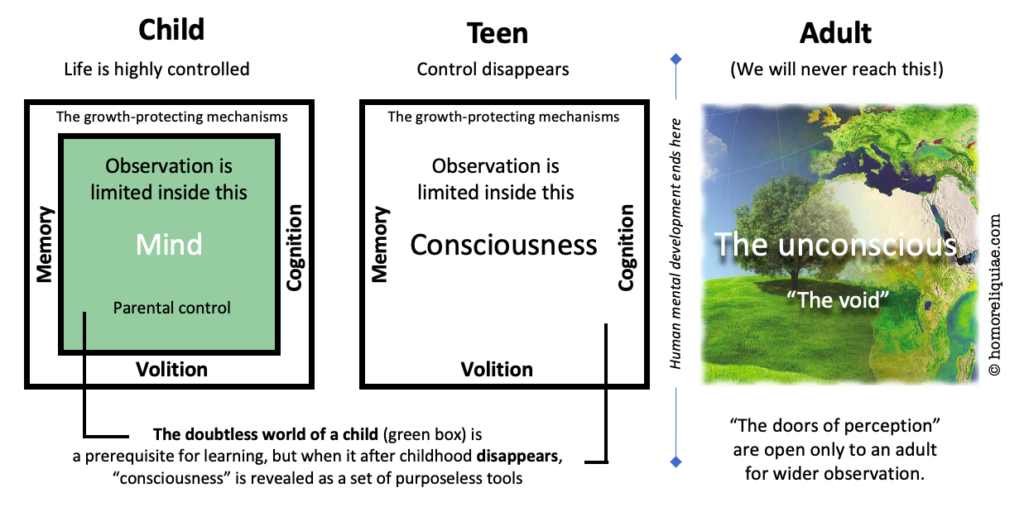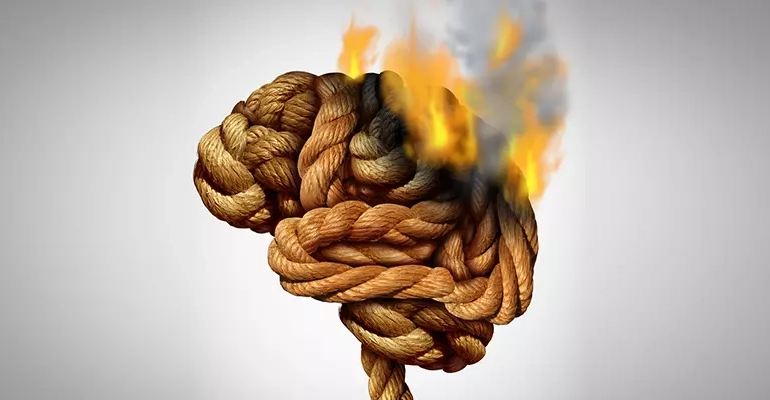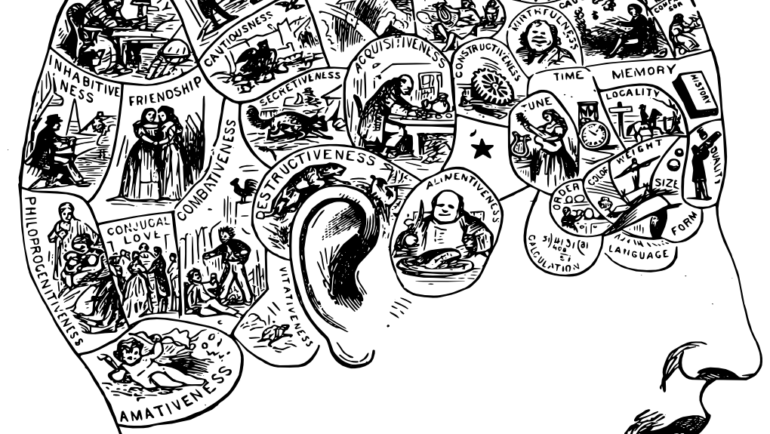The cost of our innate tendency to resist change is that we will never feel cohesion with nature. We will always be strangers there. Sadly enough, we will carry the arrogance of a teenager within us forever.
Our mental world will always look more significant than nature. Our mental stagnation will appear to us as a development. Life will be either supernatural or hellish—we won’t understand it. Charles Darwin recognised that we were not born above animals but among them. However, things might be even worse than that: it looks animals are more advanced than us. That perhaps explains why animals have been so dominant in the mysteries of indigenous people: these people recognised the human insignificance compared to the animal world. They wished to recapture the animal nature back into themselves.
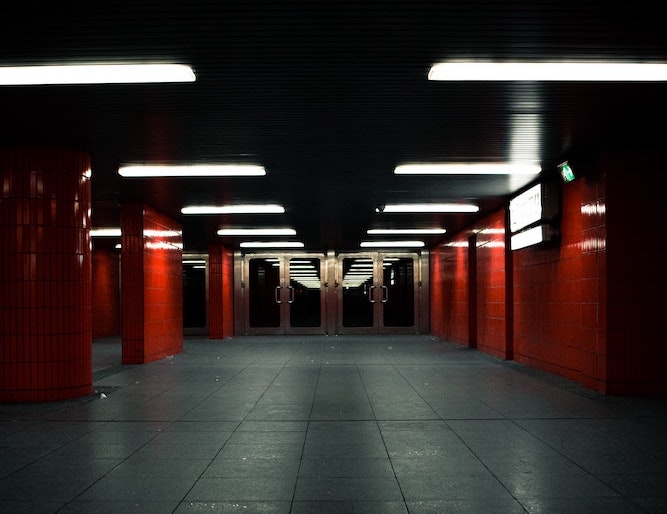
We’ll spend our lives in a mental “transit hall”
A tiny but far-reaching human inability to reach adult mental maturity also includes the key to the mystery of consciousness or awareness. Understanding it, however, requires that the broadly accepted academic view of man needs to be rethought. The mental growth disorder reveals that consciousness is a mechanism, and as is the case with mechanisms in general, consciousness also has a life cycle and a clear role to play. Namely, consciousness is only a mechanism for protecting a child’s growth; it is not a persistent and “sophisticated” state of the adult psyche.
In principle, children at birth could accept their environment without mental support mechanisms, but it is sure this option is deficient; open-minded children would quickly perish. That must have been the reason for all the cognitive protective tools of children. Children need an instrument that will control sensations and simplify the complex sensory world.
This distorted reality and ruined profound experiences in adulthood as the growth control mechanisms simplified, complemented, and removed sensations. The purpose was to make children selfish and cautious. Children were guided by emotions, not by instincts as adults. Childhood was not a preparation for adulthood, and adulthood was not a project to meet the goals set in childhood as we tend to think. Childhood and adulthood were separate stages with completely exclusive experiences.
How self-consciousness emerges | The doubtless world of a child (Mind, the left green box) is created by parents’ presence and supervision in a child’s mind. Its content is mainly artificial. The child’s mind is conscious but not in the same way as an adolescent’s mind. An undoubting child, with the help of parents, made learning possible during childhood. When childhood gradually disappears, “consciousness” will appear and confuse. It is partly the lack of parental control that causes puzzlement. Consciousness, or self-awareness, indicates an “intermediate state” of growing up, although it becomes permanent. It appears due to changes from childhood into adulthood. A loss of meaningfulness and a subtle feeling of imperfection characterise the adolescent’s sense of independence. The lack of supervision (parental control) leads to a feeling of confusion and, finally, an endless search for answers.
It’s all about growing up wrong
However, there still exists an in-between stage in mental growth where some functions stop working. This stage is puberty, which has came to mark the final step of our cognitive development. During it, young people will learn to doubt and thus lose the ability to take things for granted. They learn still new things but more laboriously than children. They learn to detach themselves from their parents and perceive themselves as “individuals”. This kind of self-awareness is an intermediate state of mind, a sort of limbo, or the edge of Hell. Consciousness is a state of pure confusion rather than clarity because nature did not intend it to be permanent.
Teenagers are, for a good reason, not entitled to intense experiences. However, they are impatiently waiting for the green light, but the lights stay insistently red. The condition they are so eagerly waiting for actually never begins. And no one will come and explain why. Tragically, we do not realise this enough, so we will mistakenly define adulthood with the terms of youth. If the consciousness would later, we would lose our will, ego, cognition, and memory. Instincts would substitute learning, memory would become mostly useless, and we would move offline to online. Reality would be streamed, not played back.
If the mental growth disorder is, as it seems to me, genetic in nature, we cannot change it by willpower alone. However, it can be influenced by the proper use of psychedelics. Surprisingly, one of the strongest arguments for my hypothesis seems to be people’s fondness for alcohol and drugs. If we regard this affection just as a weakness or a disease, we miss the point that even though we know many things, we do not know how to live.

